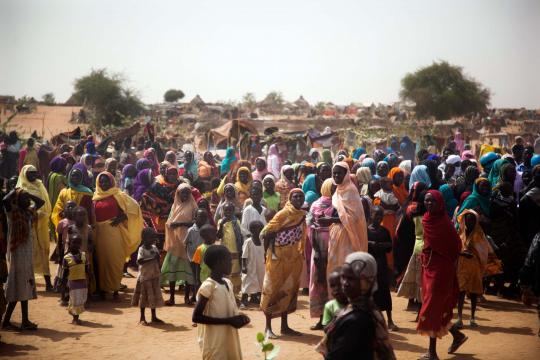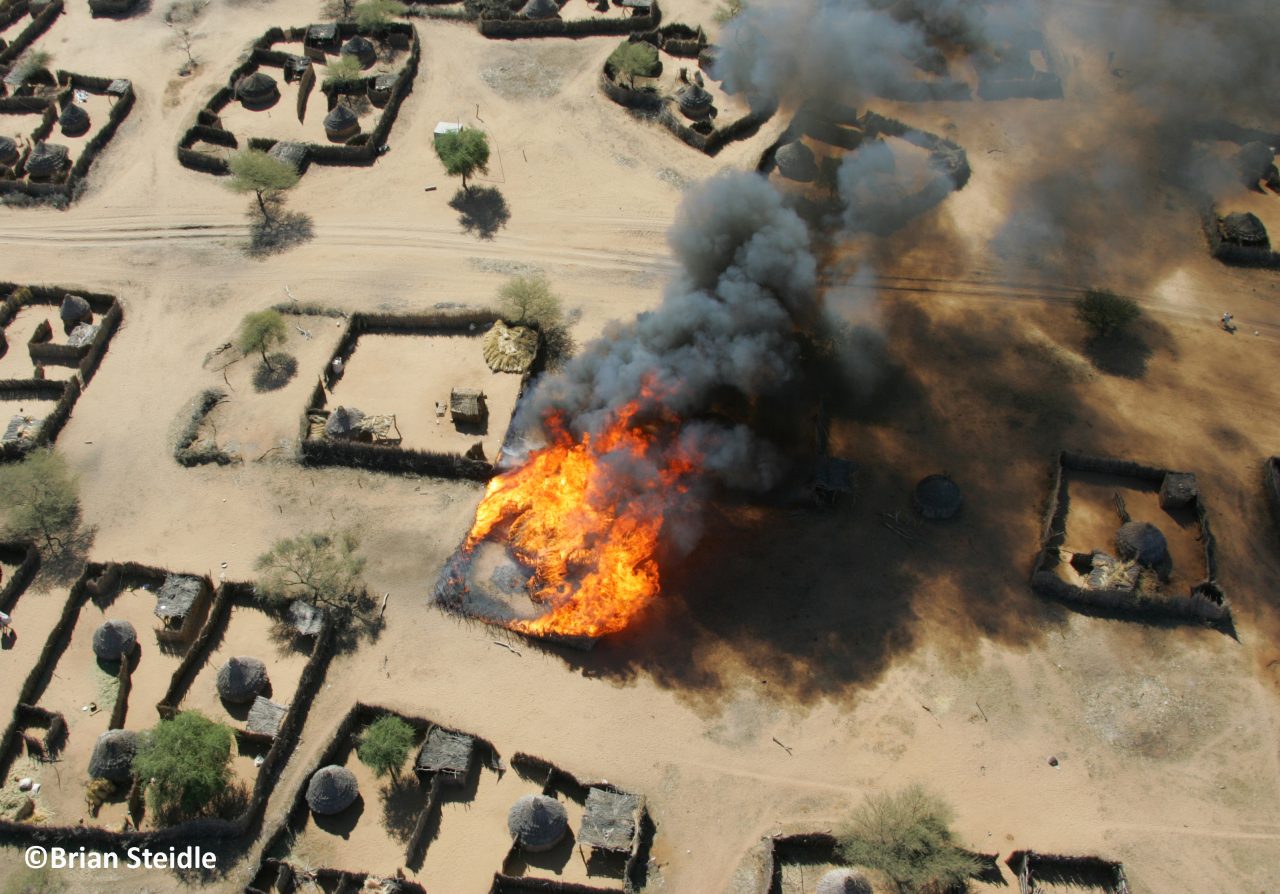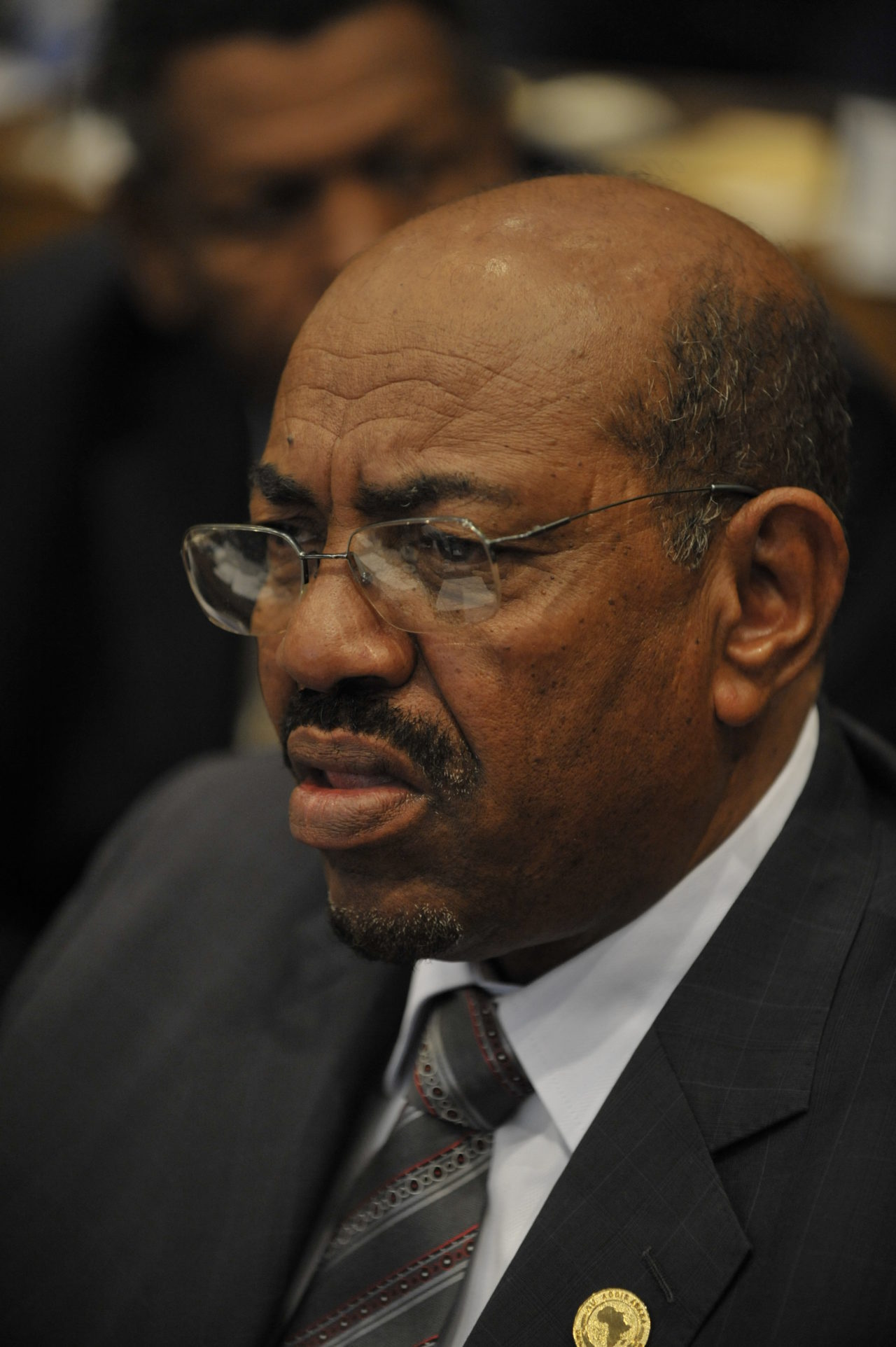12 July 2010: Genocide indictment for Sudan’s President al-Bashir
On 12 July 2010 the International Criminal Court (ICC) charged the then Sudanese President Omar al-Bashir with three counts of genocide committed during the conflict in Darfur on three African tribes – Fur, Masalit and Zaghawa.

Newly displaced refugees in Zam Zam Camp © Albert González Farran/UNAMID
The ICC issued an arrest warrant against al-Bashir accusing him of:
- genocide by killing
- genocide by causing serious bodily or mental harm
- genocide by deliberately inflicting on each target group conditions of life calculated to bring about the group’s physical destruction
This was the first time an arrest warrant for genocide had been issued by the ICC and it followed an earlier arrest warrant against al-Bashir in 2009 for war crimes and crimes against humanity. The charges concerned the conflict between groups of Darfuri rebels and the Janjaweed, an armed militia supported by the Sudanese Government. To date, al-Bashir has not been arrested for the crimes he is charged with and has been able to travel to many other countries since the indictment was first issued.
The genocide resulted in the murder of approximately 200,000 people, although estimates vary and this figure could be much higher. Around 2.5 million people have been forced to flee their homes.
On 11 April 2019, Omar al-Bashir was removed from power following protests and violent clashes in Sudan. He is currently serving a two-year prison sentence for corruption. Sudan has agreed to hand Omar al-Bashir over to the ICC, but as yet no date has been agreed.


